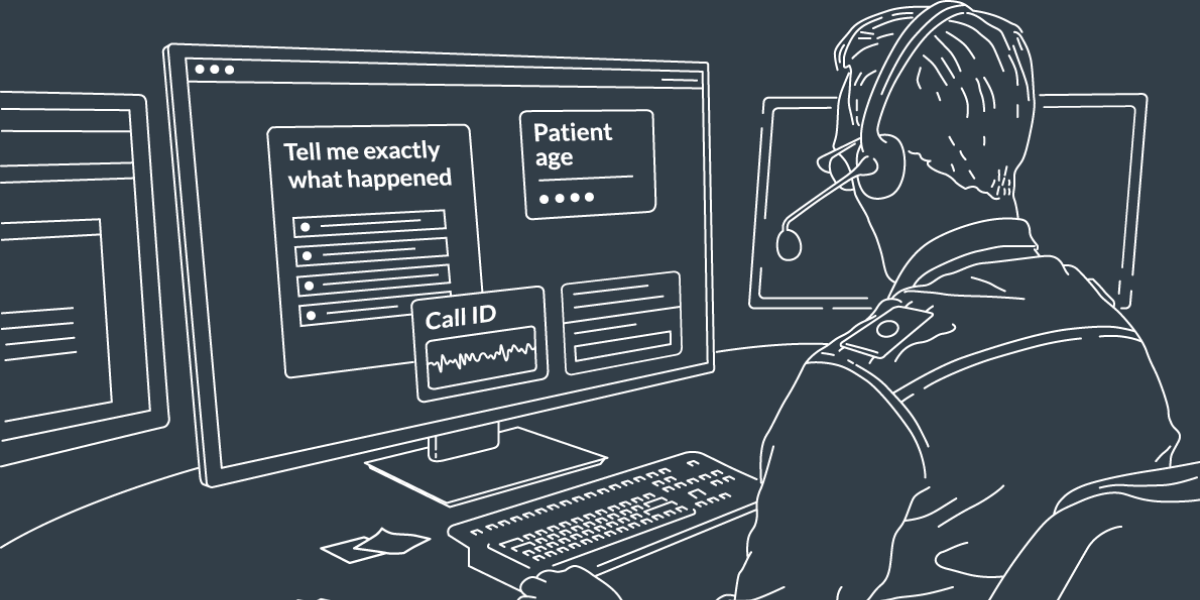Working across disciplines
The demonstrator project provided an opportunity to adapt an existing AI platform, which had been piloted in Copenhagen, for use within WAST. The work involved different collaborations focused on safety assurance.
The team reviewed safety assurance reports, looked at data and coding, and interviewed call takers in the ambulance contact centre. This helped them to understand and specify the operating environment for the AI system and determine safety assurance requirements at the clinical system level.
Beyond the research outputs
The AI platform has not yet been deployed in WAST. But that is part of its success as Nigel explains that the demonstrator’s impact will continue for years to come and is “much bigger than the adaptation of a tool for early recognition of cardiac arrest. It has given us the keys to unlock the potential for future AI.”
The project is also about more than the research outputs, and the team have had numerous victories and impacts:
- The project has brought academics, WAST and CORTI together to share expertise and different disciplines across AI, information governance, and data
- The collaboration led to the establishment of a community of practice
- The learning being shared is influencing legislation and policy having first laid bare the gaps in governance and constitutionally that enable the ability to share data in the way that future deployments will be reliant upon. Existing GDPR and CAG251 mechanisms are insufficient to enable the conditions for practical deployment at present and this has been learned through the project to benefit any future practice that comes afterwards

